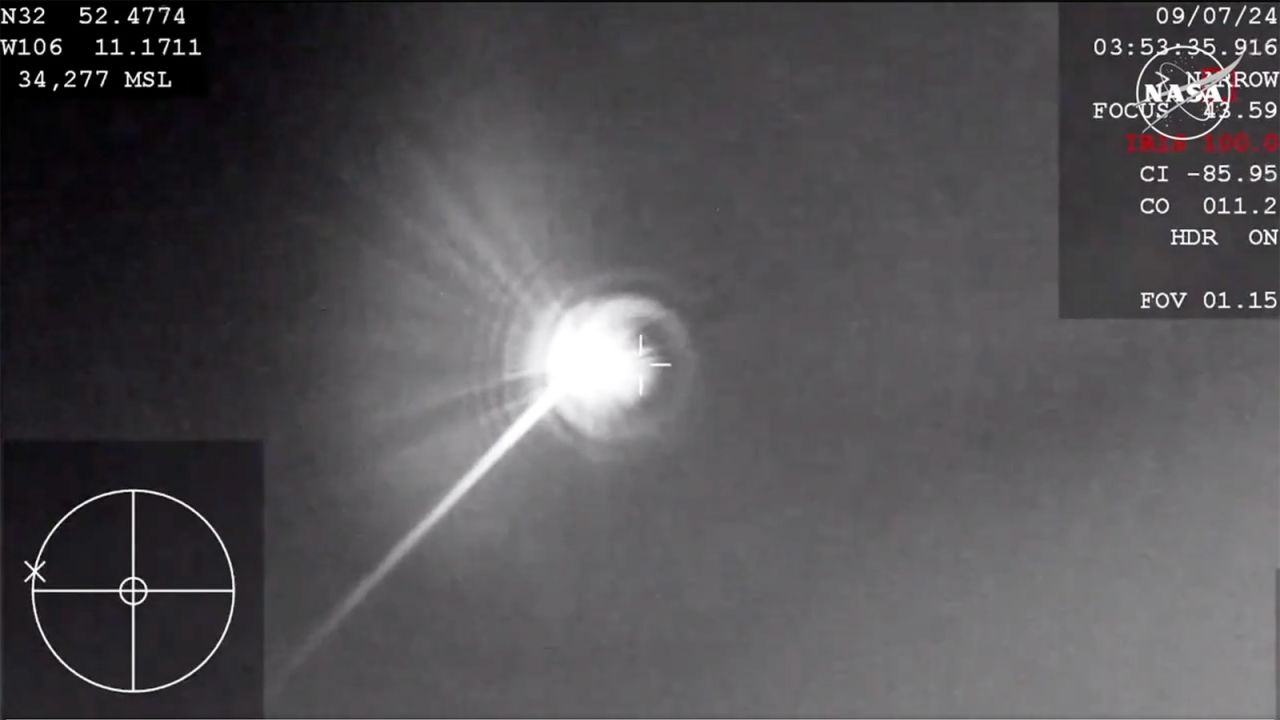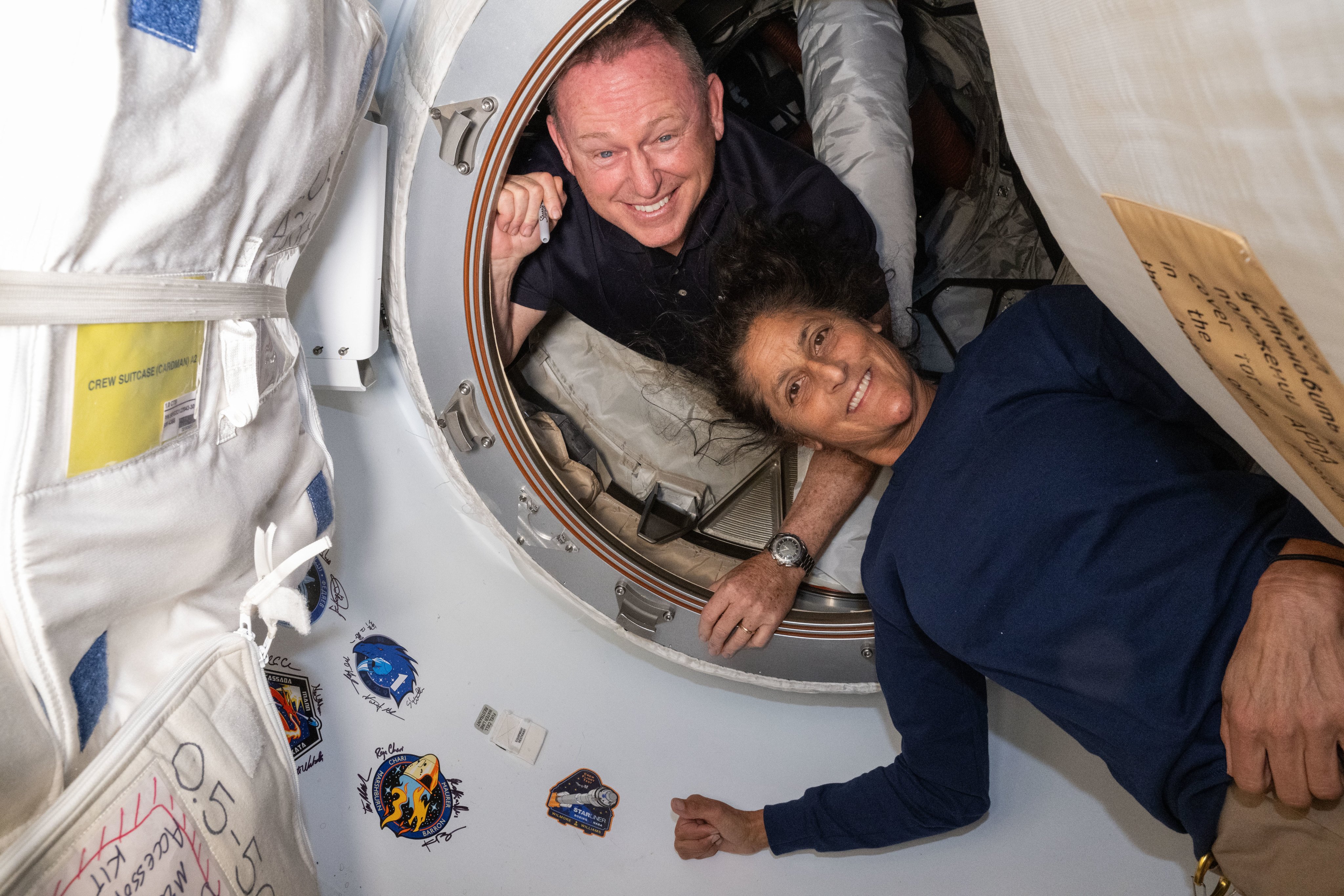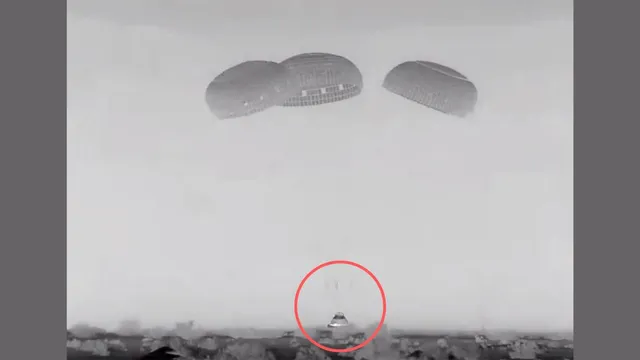- By Kamal Kumar
- Sat, 07 Sep 2024 09:38 AM (IST)
- Source:JND
Starliner Return: Boeing's Starliner returned to the Earth safely on Saturday after a six-hour-long journey, it began from the International Space Station, where it carried NASA's Sunita Williams and Butch Wilmore in June this year. The shuttle landed at the sands of New Mexico in the United States around 9:33 am, as per Indian time.
The touchdown was softened by three large parachutes and multiple airbags and the spacecraft has made it “safely back to the desert floor, NASA said in a statement. The Starliner return to Earth was live-streamed by NASA across the globe on several platforms including its social media pages and NASA+ app.
The mesmerising descent of Starliner was captured by several NASA cameras, one being a high-definition camera aboard a WB-57 aircraft based out of the agency's Johnson Space Center. The aircraft captured stunning first glimpses of Starliner's return from Space.

As the company's controversial craft touched down on Earth's surface, Boeing’s Lauren Brennecke congratulated all the team members for getting Calypso - Starliner's alias - back home safely.
“Starliner has returned safely. Well done to the entire team for completing the mission with a successful undocking, deorbit and landing — Starliner has once again proven herself a safe ride to and from space,” Brennecke said.
NASA also shared a video of the Starliner touchdown on its official X handle where the whole event was live-streamed.
Touchdown, #Starliner! The uncrewed spacecraft landed at New Mexico's White Sands Space Harbor at 12:01 am ET (0401 UTC) on Saturday, Sept. 7. pic.twitter.com/Q5lITEzATn
— NASA (@NASA) September 7, 2024
Meanwhile, both the stranded NASA astronauts - Indian-origin Sunita Williams and Butch Wilmore - will return to the Earth in February next year aboard the SpaceX Crew-9 mission.

Starliner Returned 'Uncrewed' Amid Helium Leak, Other Issues
The Starliner spacecraft experienced a helium leak and failure of five out of eight aft-facing reaction control system thrusters, according to its Wikipedia page. As a result, the two crew members were unexpectedly stranded at the ISS without prior plans for an extended stay.
Amid confusion and delays, NASA ultimately decided to abandon the Boeing spacecraft for the astronauts' return mission, referencing past tragedies—Columbia (February 1, 2003) and Challenger (January 28, 1986)—as influencing factors. The SpaceX Crew-9 spacecraft is now scheduled to bring the stranded astronauts back to Earth in February 2025.

